April 29, 2025 /SemiMedia/ — Nvidia CEO Jensen Huang visited Beijing in April for a closed-door meeting that underscored the company’s strategic focus on sustaining its semiconductor and AI ecosystem in China. During the meeting, Huang highlighted Nvidia’s three-decade partnership with China and emphasized the importance of continued cooperation amid tightening U.S. export restrictions.
The visit comes as Nvidia’s high-performance AI chip exports have faced growing regulatory hurdles. Since 2022, Washington has expanded controls, initially blocking chips like the A100, then limiting downgraded versions A800 and H800 tailored for China. By early 2025, even the H20 chip—designed as a low-end alternative—was added to the restricted list.
Industry observers suggest Nvidia may be evaluating a “localized strategy,” potentially involving a joint venture to maintain access to its CUDA development platform. Such an approach could help Chinese developers continue using AI tools built on Nvidia’s software, even as hardware availability becomes constrained. However, no formal agreement has been confirmed.
Nvidia began ramping up public engagement in China in 2013, with early efforts to promote the Tegra processor. While those initial ventures were limited in scale, the CUDA software stack has since become a cornerstone of AI training and inference globally—including widespread academic and industrial adoption in China.
As geopolitical factors reshape the semiconductor landscape, Nvidia is exploring compliant yet sustainable paths to support developers and partners in one of its largest markets. A localized CUDA framework could be key to maintaining long-term relevance in China’s evolving AI ecosystem.

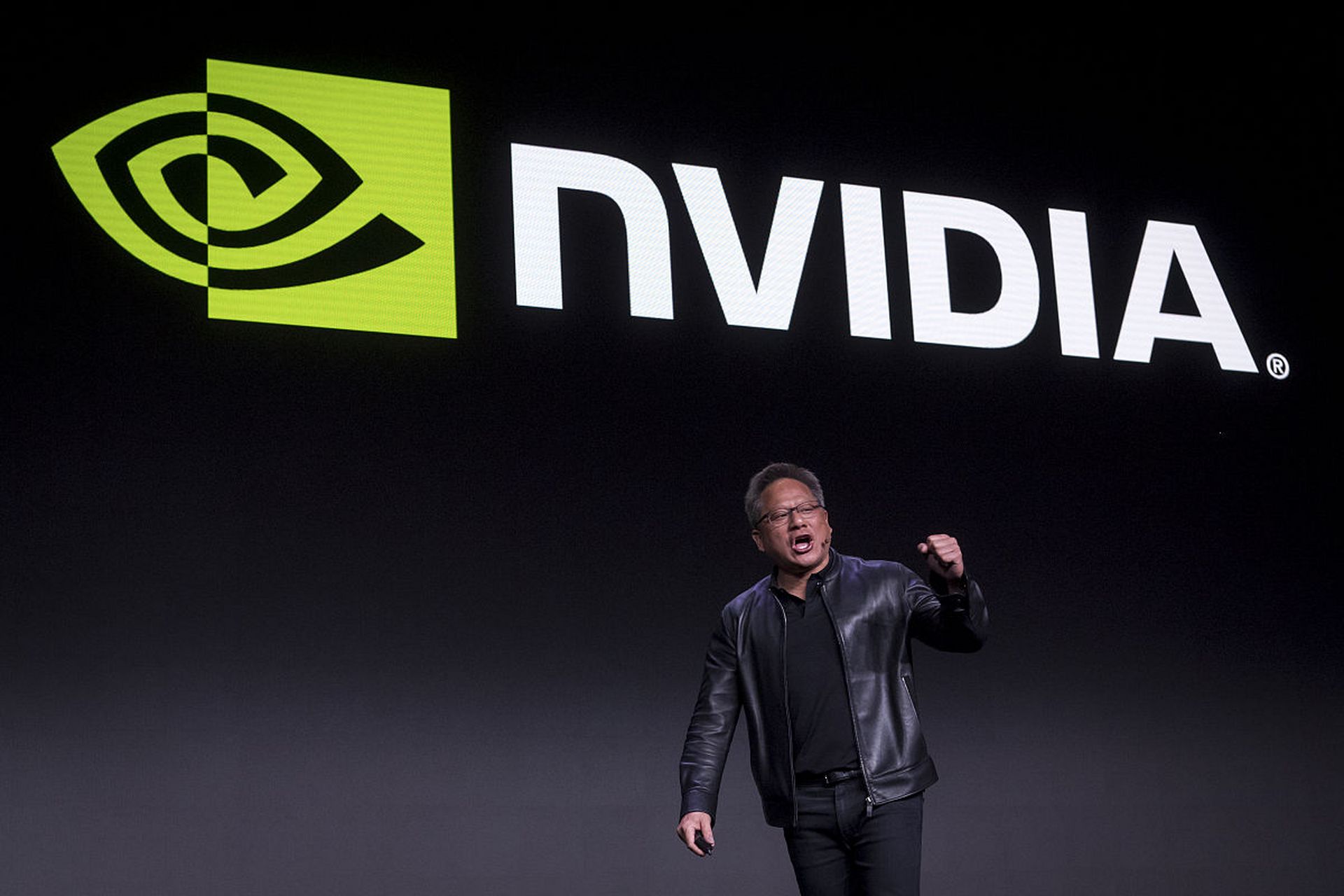






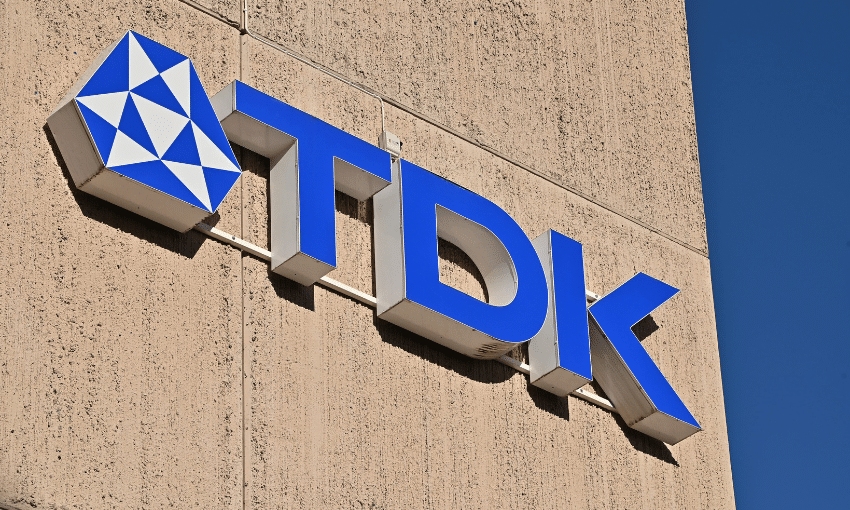
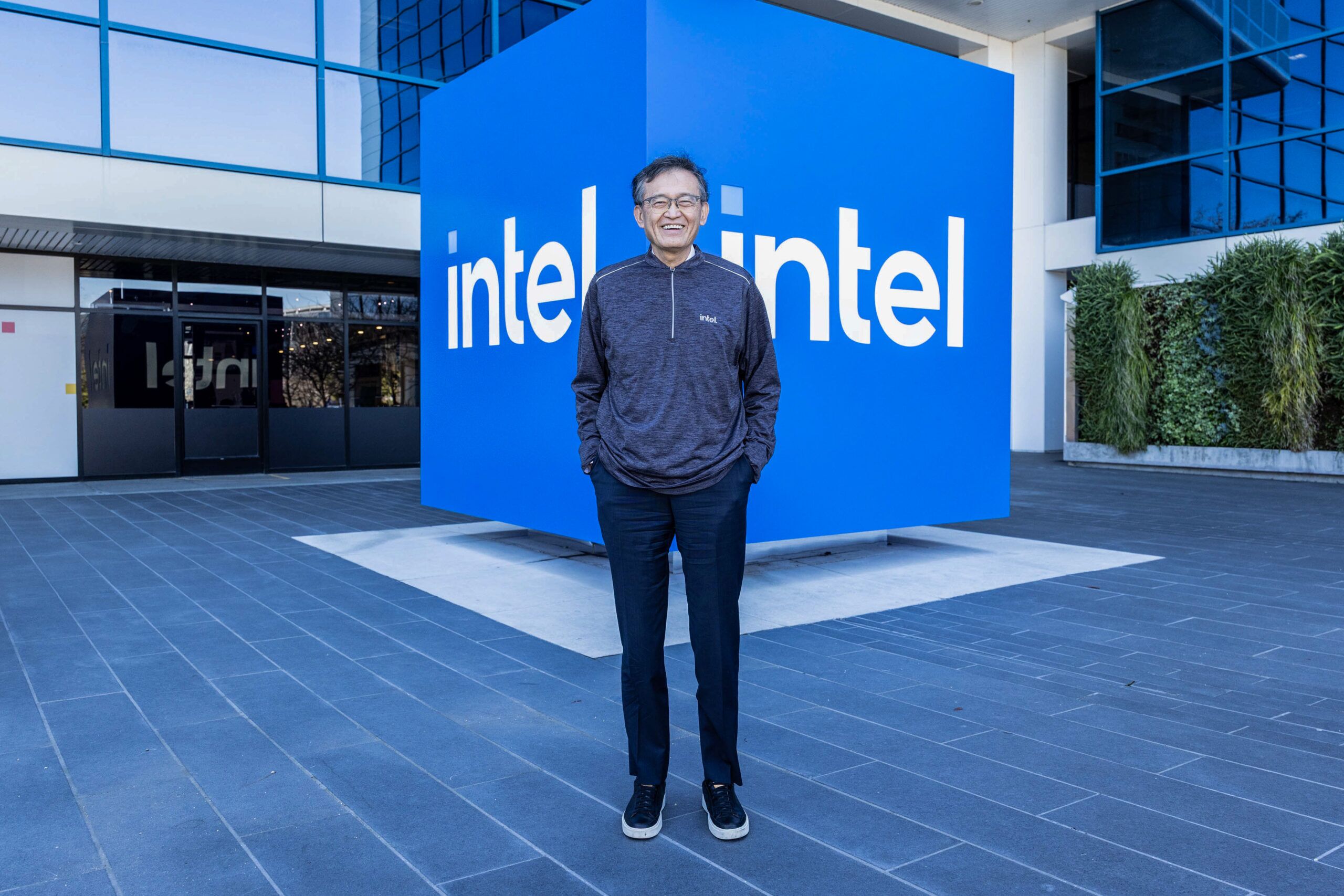
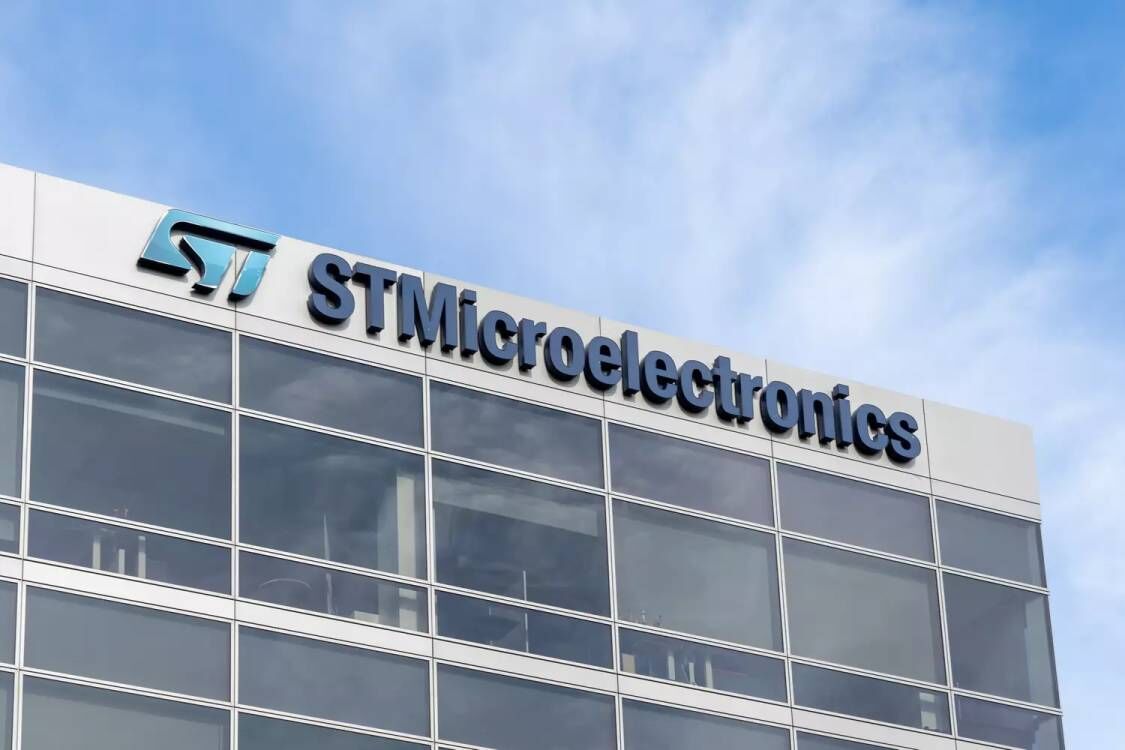
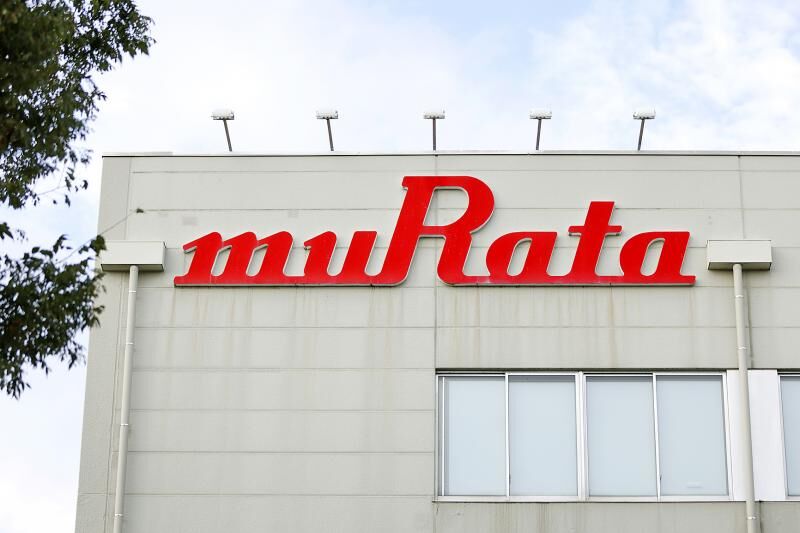
All Comments (0)